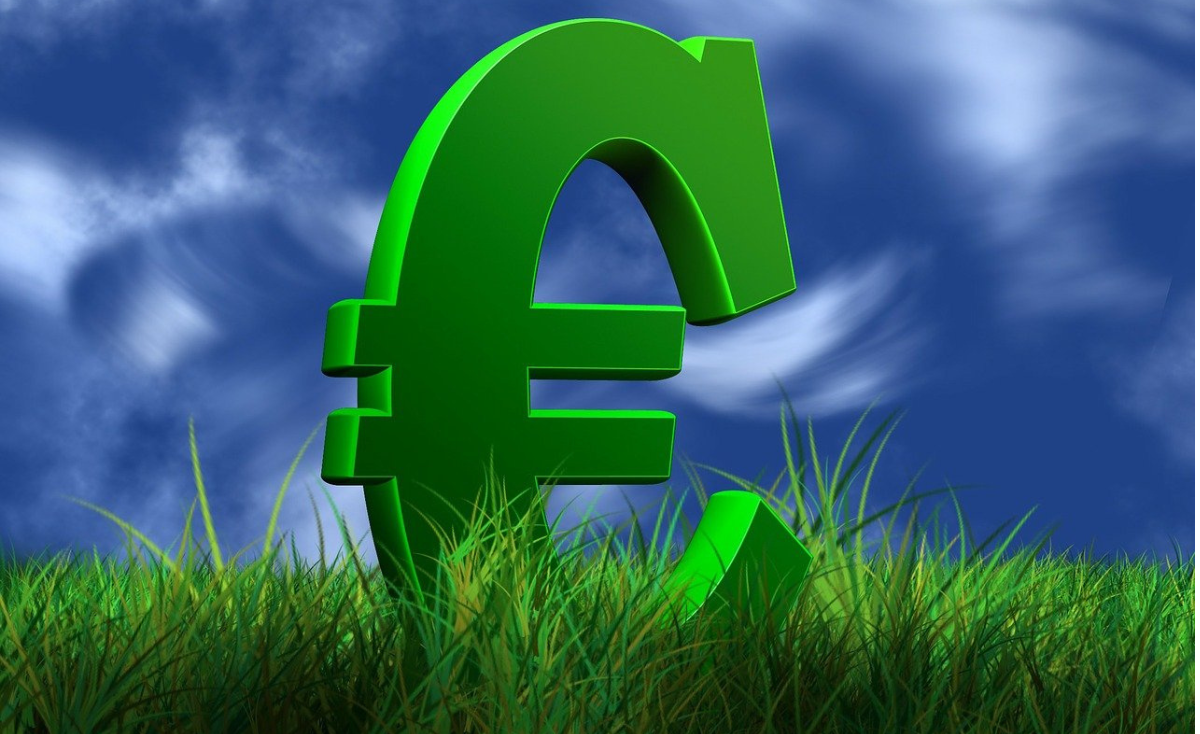 @Pixabay.
@Pixabay.
One in five European funds are now classed as ‘sustainable’ up from just 6% in 2019 to €2.2 trillion in net assets.
“Europe continues to lead the global sustainable investment fund market,
driven by a robust regulatory framework."
This is according to a new report from the Association of the Luxembourg Fund Industry (ALFI), which released its third edition of the “European Sustainable Investment Funds Study”, which was produced in partnership with Morningstar and Tameo.
The report analyses the current state of sustainable investing in Europe, covering recent trends and regulatory developments. “Europe continues to lead the global sustainable investment fund market, driven by a robust regulatory framework, including the Sustainable Finance Disclosure Regulation (SFDR), and strong investor demand,” said Britta Borneff, Chief Marketing Officer at ALFI.
Findings in the report show that Europe is racing ahead of other regions in terms of embracing sustainable naming and criteria in its fund management, which is backed up by the large amount of focus it has on from EU fund managers.
This directly relates to fund operations as the large amount of administration and regulation in this area are a constant stream of work for operations professionals trying to keep up with it.
Numerous rule changes over the past year have seen multiple changes. For instance, last year, the European Securities and Markets Authority (ESMA), the EU’s financial markets regulator and supervisor, published its final report containing guidelines on funds’ names using ESG or sustainability-related terms – which it hoped would stamp out issues around perceived ‘greenwashing’.
How European funds reacted to the challenges and opportunities they’re seeing within this change has also been key with numerous consultations and changes.
What’s happening in Europe?
The report said that following an “impressive growth period” from 2019 to 2021, the European sustainable funds segment has continued to grow, albeit at a slower pace.
“Overall, the sector has grown from less than €1 trillion at the end of 2019 to €2.2 trillion at the end of 2023. Sustainable funds’ net assets grew by 20.2% in 2023, on a year-on-year constant sample,” it said.
“The launch of new funds across Europe experienced a downturn,
with fewer than 2,000 launched in 2023."
In contrast, conventional funds’ assets remained relatively stable, growing at a 0.9% CAGR since 2019 to reach €8.8 trillion at the end of 2023.
However, Europe’s economic volatility has greatly affected the market over the past few years during the post-Covid-19 period.
“The launch of new funds across Europe experienced a downturn, with fewer than 2,000 launched in 2023. In particular, 350 funds out of the 1,887 new funds launched in 2023 [are categorised] as sustainable,” it said. “This figure represents approximately half of the sustainable funds that were launched in 2021 and 2022, with 760 and 616 new funds, respectively.”
It added that in 2023, the impact of reclassifications on the total number of sustainable funds was nearly neutral, with 251 funds reclassified as sustainable investment funds and 237 funds reclassified as conventional investment products.
Luxembourg remained the largest European hub for sustainable investment funds, hosting over a third (34%) of sustainable funds’ net assets, with a growth of 14.1% in 2023.
Ireland ranked as the second-largest hub for European sustainable investment funds, with 16% of sustainable net assets domiciled in the country. “Notably, it holds a significant share (40%) of sustainable funds that follow a passive investment strategy,” it said. “In 2023, net assets of sustainable funds domiciled in the country grew by 30.2%, fuelled by the growth of passive strategies.”
Global growth unbalanced
“Europe (EU27, Switzerland, Norway, the UK, and Liechtenstein) continues to lead the way in sustainable investment funds, holding an impressive 85% of the global €2.6 trillion in sustainable net assets by the end of 2023,” said the report.
In contrast, it said, North America (North America includes funds domiciled in Canada and the United States) and the Asia & Pacific (the Asia & Pacific region includes Australia, China, Hong Kong, India, Indonesia, Japan, Korea, Malaysia, New Zealand, the Philippines, Singapore, Taiwan, Thailand, and Turkey) regions hold 11% and 3% of global sustainable net assets, respectively.
“Sustainable funds account for 19% of the investment fund market in Europe, yet they represent just 1% of total net assets in North America and 2% in the Asia & Pacific region,” it said.
Other key findings from the report included that growth of 20.2% in assets versus 16.9& for conventional funds for sustainable funds.
There was €77 billion of net inflows compared to €14 billion in net outflows for conventional funds.
Also, which could prove an interesting trend going forward – 58% of funds classified as sustainable were in the Article 8 box while just 4% were classified as Article 9.
A reluctance to move to Article 9 has been a recurring theme of the past several years, with more fears of greenwashing accusations and regulatory non-compliance putting off many.
“The reporting requirements should be so good that the majority of users are convinced that
reporting makes a real difference and adds value to their asset management."
Article 8 and 9 remained mixed in popularity with industry members however they are now largely embedded and so changes will likely continue in the current trend over the coming years. “The current regulatory frameworks are a good start, albeit not a perfect one,” said Cornelia Frentz, Director - Governance and Sustainable Investing, European Circular Bioeconomy Fund to Fund Operator last year on the future of the regulations. “Unfortunately, regulatory improvements are very slow to materialise, particularly within the EU. There is a lack of speed and pragmatism.”
Frentz added that much more awareness of the urgency of action needs to be created. “The reporting requirements should be so good that the majority of users are convinced that reporting makes a real difference and adds value to their asset management,” she said. “Reporting and adhering to standards should cause changes in the operational management of companies towards sustainability. The requirements must not become a compulsory exercise.”
Whatever the changes happen it’s obvious that European funds have chosen a path and are sticking to it – the question remains whether the rest of the globe will catch up or go a different path.
Please Sign In or Register to leave a Comment.
SUBSCRIBE
Get the recent popular stories straight into your inbox







